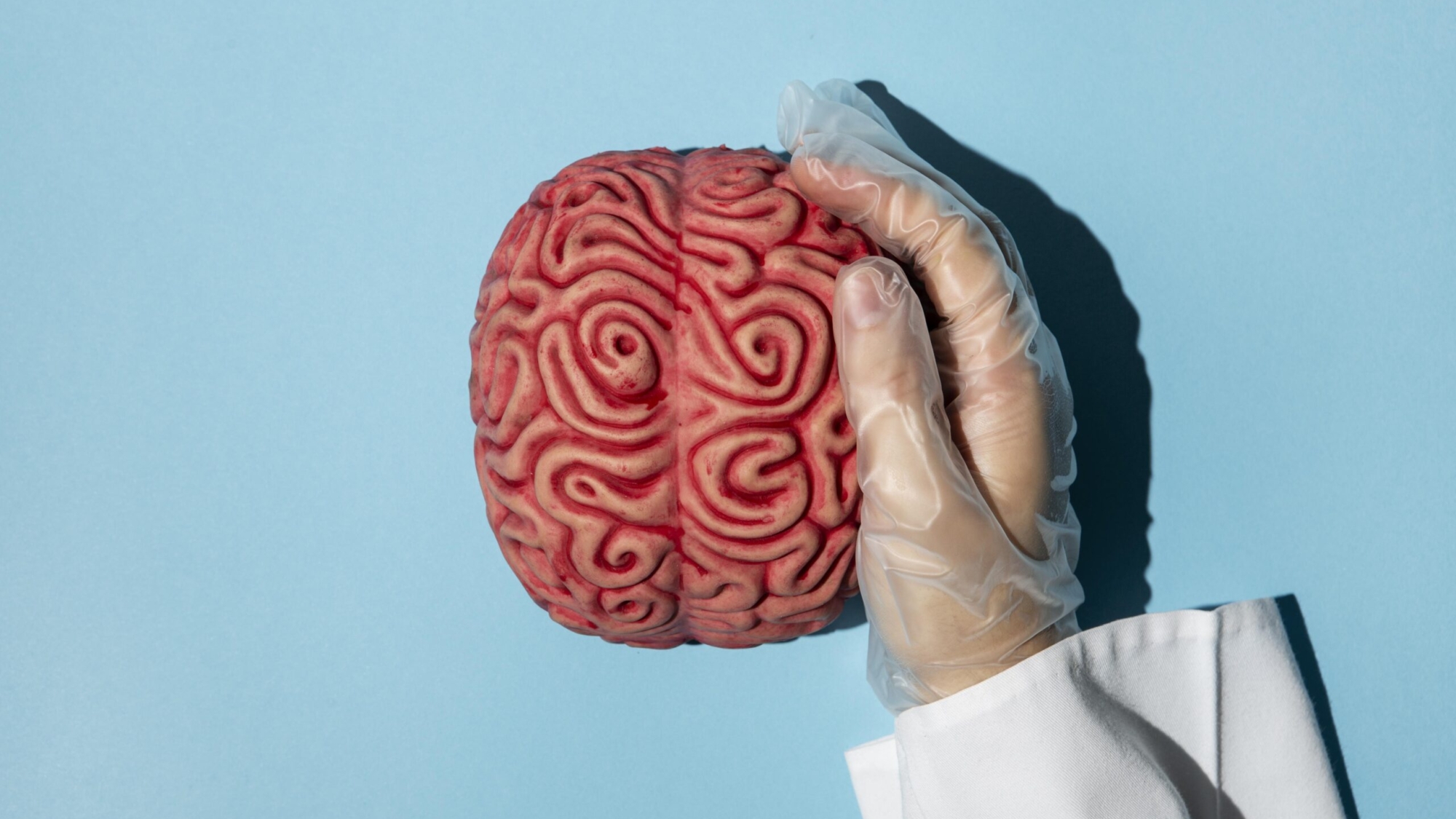Triage assessment in patients with neurological disorders is crucial for providing timely, effective care. Neurological conditions, such as strokes, seizures, or infections, require specialized evaluation due to their unique characteristics and the potential for rapid deterioration. Whether a patient presents with acute symptoms like sudden weakness or difficulty speaking, or with chronic conditions that have worsened, understanding how to prioritize care is essential for optimal outcomes.
Neurological Disorders and Triage
Neurological disorders cover a wide spectrum, including strokes, traumatic brain injuries, and neurological infections like meningitis or encephalitis. These conditions have distinct symptoms, progressions, and treatment needs, making triage more complex compared to other medical emergencies.
Triage systems generally categorize patients based on the severity of their symptoms. For neurological disorders, the evaluation goes beyond basic symptom recognition and involves assessing the complexity of the underlying condition and its potential for rapid deterioration. This requires healthcare professionals to consider both acute and chronic manifestations of the disorder when determining the patient’s immediate care needs.
Acute Neurological Conditions: Immediate Action Required
Acute neurological conditions, such as strokes or seizures, require urgent triage attention. For example, recognizing symptoms of an ischemic stroke—such as facial drooping, slurred speech, and arm weakness—is critical for initiating appropriate care. Time is of the essence in stroke management. Rapid intervention can reduce long-term effects, improve recovery outcomes, and even save lives.
A stroke patient may need to be prioritized for emergency procedures like thrombolysis or mechanical thrombectomy. For triage personnel, recognizing stroke symptoms and quickly facilitating advanced care is essential. Advanced imaging, such as CT or MRI scans, is necessary to assess the extent of damage, and the triage team must efficiently gather necessary information for these procedures.
Similarly, patients experiencing seizures must be triaged urgently. Whether the cause is epilepsy, infection, or trauma, quick assessment is crucial. Understanding the duration, frequency, and the patient’s neurological history helps determine whether immediate intervention is necessary to stop the seizure or stabilize the patient.
Chronic Neurological Conditions: Flare-Ups and Complications
Chronic neurological disorders, like multiple sclerosis (MS) or Parkinson’s disease, present unique triage challenges. These patients may experience acute exacerbations, which can mimic or overlap with other urgent neurological conditions.
For instance, a patient with MS who suddenly experiences increased weakness, blurred vision, or difficulty walking might not be having a new medical emergency but rather a flare-up of their condition. Triage professionals need to distinguish between a routine exacerbation and a new acute issue, like a stroke or infection, that could complicate the patient’s neurological status.
Similarly, Parkinson’s disease patients experiencing sudden tremor increases or a decline in motor function might be encountering a “wearing-off” phenomenon, where medication effectiveness decreases. Triage staff must assess whether this is a medication-related issue or a more severe neurological complication, such as a stroke or infection.
Neurological Infections: Early Detection is Key
Neurological infections, including meningitis, encephalitis, or brain abscesses, require rapid identification and treatment. Symptoms such as headache, fever, neck stiffness, and confusion may overlap with other conditions, so early recognition and accurate differentiation are essential.
Triage staff must be skilled in recognizing red flags, such as high fever and altered mental status, that indicate a potential neurological infection. These patients need immediate diagnostic imaging, laboratory testing, and often prompt administration of antibiotics or antivirals to prevent severe complications like brain damage or death.
Prioritizing Care Based on Neurological Needs
Effective triage in neurological emergencies requires a systematic and nuanced approach. Factors like the type of neurological disorder, the severity of symptoms, and the risk of rapid deterioration influence the prioritization of care.
Patients with acute conditions, such as strokes or seizures, need immediate intervention, while those with chronic conditions experiencing exacerbations may require a more tailored approach. Regardless of the scenario, timely evaluation and quick access to specialized neurological care are key to improving outcomes.
The Role of Technology in Neurological Triage
Technology plays a crucial role in enhancing neurological triage. Telemedicine allows remote consultations with neurologists, speeding up decision-making in underserved areas. Advanced imaging tools, such as CT and MRI scans, are essential for quickly diagnosing neurological conditions and can be integrated into triage systems to fast-track diagnosis and treatment.
Additionally, digital triage tools like electronic health records (EHR) and AI-driven diagnostic systems can assist triage professionals in prioritizing patients. Artificial intelligence can analyze symptoms and medical history to recommend potential diagnoses and suggest appropriate courses of action, improving the overall efficiency of the triage process.
Conclusion
Triage assessment in patients with neurological disorders is a multifaceted process that ensures the delivery of timely, effective care. Whether dealing with acute conditions like strokes or chronic disorders experiencing flare-ups, healthcare providers must understand the nuances of these conditions to prioritize care appropriately.
By recognizing the specific needs of neurological patients, leveraging advanced technologies, and acting swiftly to manage both acute and chronic symptoms, healthcare teams can improve patient outcomes. Early, accurate triage in neurological emergencies can save lives, minimize the long-term effects of these conditions, and ultimately enhance the quality of care for those affected by neurological disorders.
